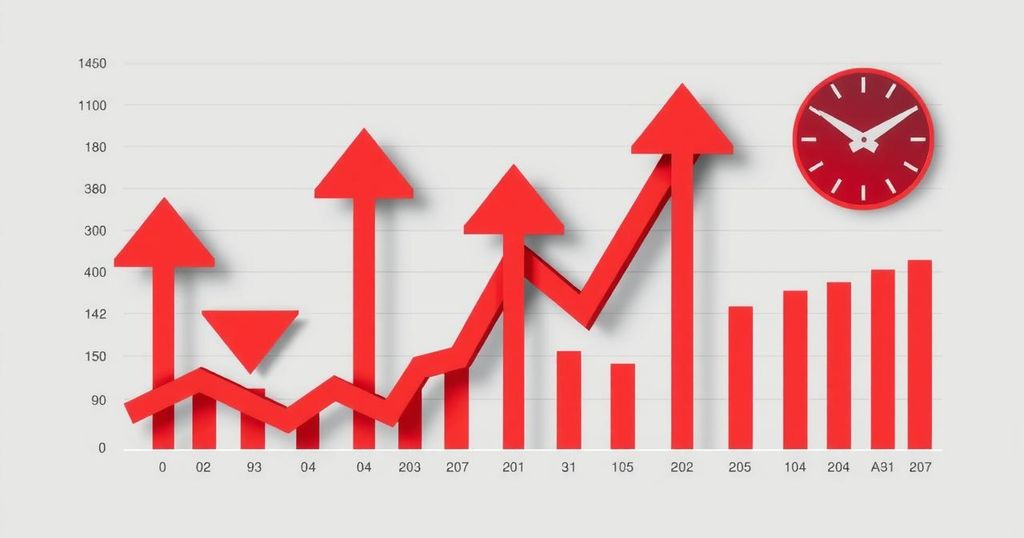South Africa’s Finance Minister Enoch Godongwana revealed a revised budget proposing a staggered VAT increase to 16%, causing significant backlash from key opposition, particularly the Democratic Alliance. The budget aims to address economic challenges but may struggle to gain parliamentary support due to widespread discontent.
On Wednesday, Finance Minister Enoch Godongwana of South Africa presented a revised budget that included a reduced value-added tax (VAT) increase, but it provoked considerable backlash, particularly from the Democratic Alliance (DA). The revised plan proposes to incrementally raise VAT by one percentage point to 16% by the 2026/27 financial year, with a phased approach of 0.5% in 2025/26 followed by another 0.5% in 2026/27.
Despite the moderated increase, lawmakers expressed their discontent by booing the proposal in parliament. Immediately, the DA formally rejected the budget, with their leader, John Steenhuisen, stating a commitment to advocate for economic growth and job creation.
Defending the VAT increase, Godongwana remarked that raising personal or corporate income taxes would detrimentally impact investment and job opportunities. He emphasized that while VAT impacts all citizens, it is essential for funding vital public services.
South Africa’s economy, the continent’s most industrialized, suffers from a meager growth rate of 0.6% in 2024, persistent unemployment above 32%, and profound inequality, with two-thirds of the population living in poverty, as highlighted by World Bank data.
The proposed budget allocates over one trillion rands (approximately $54.4 billion) over three years towards enhancing infrastructure, energy supply, and public services, while also increasing financing for tax authorities to recoup uncollected revenues. However, the DA cautioned that the measures would render South Africans poorer and jeopardize the stability of the unity government, threatening the budget’s passage through parliament.
In summary, South Africa’s revised budget presented by Finance Minister Enoch Godongwana has incited significant outrage, primarily due to the proposed VAT increase, although it has been reduced. As lawmakers and the Democratic Alliance express strong opposition, the future approval of the budget and its implications for economic conditions in South Africa remain uncertain. The government aims to address pressing public service needs amidst economic challenges, yet risks are pronounced as public sentiment runs contrary to the budget proposals.
Original Source: newscentral.africa




